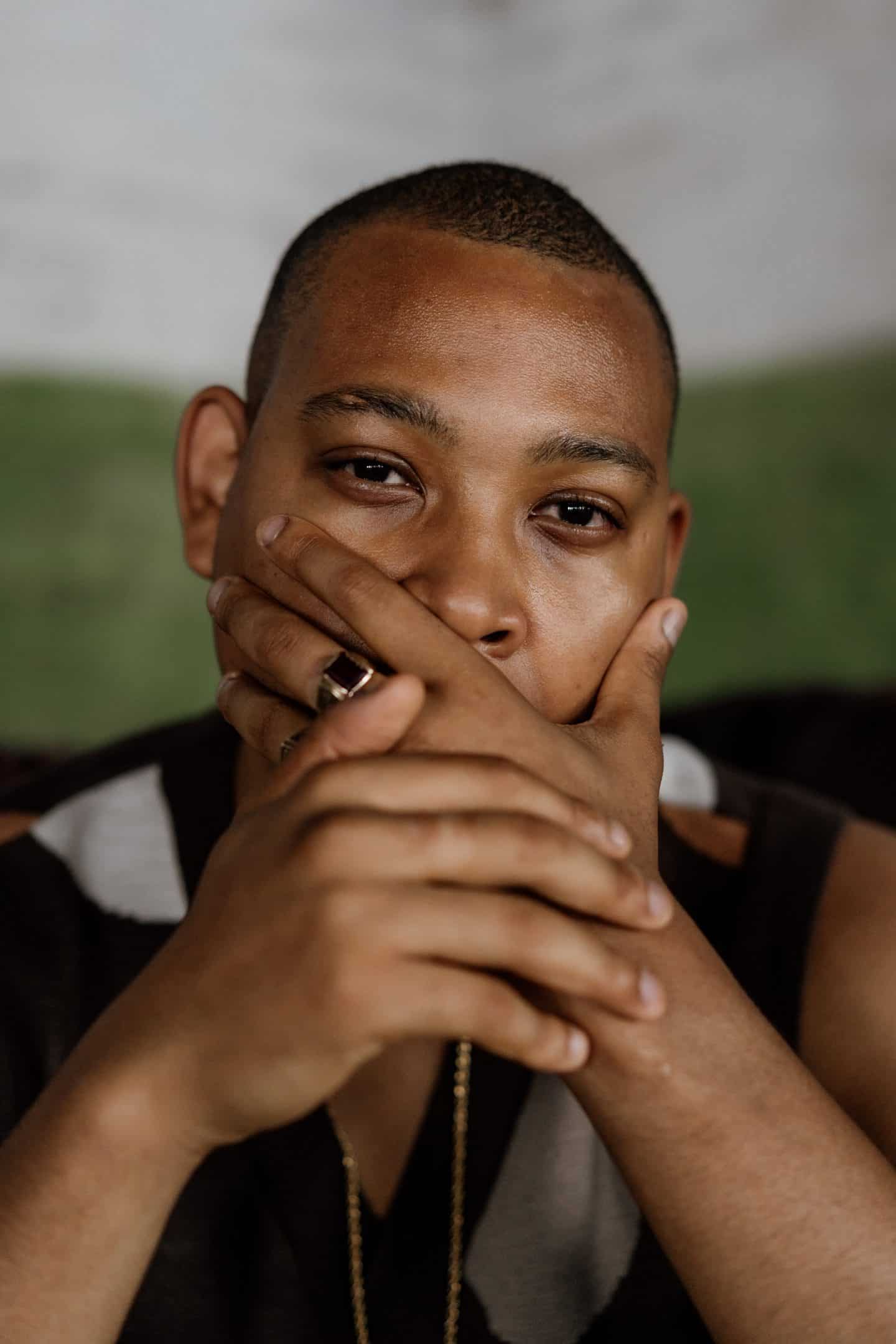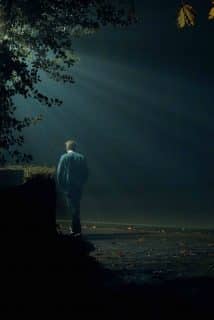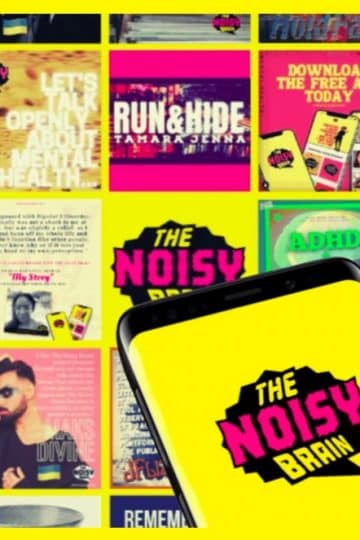How I learned I had OCD
Mental Health
Shaun Flores was brought to the point of suicide by obsessive thoughts. Now, having been diagnosed with OCD, he writes about how he's come to make sense of his condition.
What happened to me
Speaking about a mental illness was something I never envisioned having to do in my entire life, and it has been the toughest of things to acclimatise to. I was diagnosed with what some would call ‘PURE 0’, OCD at 27.
“Pure O’’ refers to distressing internal intrusive thoughts alongside invisible mental compulsions – it is not a medical term and can be misleading, but has had found common usage as a form of OCD and to illustrate some important things about this much misunderstood condition. Most of common perceptions around OCD regard it as simply involving excessive cleaning and use OCD as an adjective when it certainly is not. It is highly distressing and debilitating.
My journey began with the obsessive idea I was gay, after a dream I had. I vomited and became incredibly anxious. I was unsure of who I was and I began going down a rabbit hole seeking evidence that I was gay. When no evidence came still I was unable to shake this obsessive thought.
My next obsessive thought was that I was a rapist, which brought me great distress. The final breaking point was I saw an image of myself jumping off a bridge. I felt no desire to die, rape anyone or engage in sexual activity with the same sex, yet these thoughts came at full velocity and plagued me.
I locked myself away for days, terrified, suffering from panic attacks, depressed, unable to eat or shower. I became convinced I would hurt myself and others. I lost hope and via my Instagram, I reached out to an online therapist, Emma Garrick. When I spoke to her, I was crying my eyes out as I explained what was happening in my mind. She listened and explained it was OCD. Finding her armed me with a hope I was unable to muster up within myself, as I started existing from therapy session to therapy session.
Funnily enough, every human has intrusive thoughts. Most people can’t remember when they emerge, as they are able to dismiss them relatively quickly. Those with OCD believe the thoughts and ruminate on them. Living with OCD is a direct confrontation with your worst fears running in your mind, as if they are on a hamster wheel. It is mentally and emotionally exhausting.
“OCD is ranked by the world health organisation in the top 10 of the most disabling illnesses by lost income and decreased quality of life,” according to OCD UK, and “Around three-quarters of a million people are thought to be living with severe, life-impacting and debilitating Obsessive-Compulsive Disorder (OCD) here in the UK.”

How is OCD treated?
CBT ERP (cognitive behaviour therapy & exposure response prevention) is the go-to treatment for most people with OCD. This is where you expose yourself to scary obsessions, with the intention to resist the urge to perform the mental compulsions to alleviate your anxiety. In turn, this desensitises you to what you most fear. Some people with OCD also benefit from medications such as anti-depressants.
Previously I was vehemently against anti-depressants due to the stories I have heard from others who have been on medication for years, and who seem to use the medication as a crutch without doing the much-needed work. Through having a therapist who I trust, I took the step and began a course of antidepressants. It has helped, and I do the much-needed work alongside it, something which has shown to be most effective in recovering from OCD.
What have I learnt from OCD?
OCD in the most simple of ways has actually made me a better Shaun. The mind truly is your best friend or your worst enemy. I now know the mind tells lies. The truth is that thoughts are just thoughts.
OCD has taught me who I am. To have such fears – in a weird sober way – has reinforced in me that I could never be some of the worst things I have seen in this world. Patience became my biggest virtue, and I became grateful for the simplest things. I practiced an abundance mindset instead of a scarcity mindset.
Why I wrote this article
Raising awareness and helping others have become front and centre of my mission. I believed recovery was impossible, but it’s not, and I am grateful to be able to create this article about my recovery.
One of the anchors in my time of storm has been the idea that I can rewire my brain, through “neuroplasticity”, which is when you intentionally rewire your brain to create positive habits. This can be done through meditation, journaling, and exercise. It’s also a powerful, science-based method to break undesirable habits and create new, healthy ones.
A book I recommend highly is Rewire Your OCD Brain: Powerful Neuroscience-Based Skills to Break Free from Obsessive Thoughts and Fears Paperback.
My mantra is, ‘you can recover, will recover and will come back a new person.’ I promise never to give up and keep going. I am not my OCD.
OCD-UK is a charity that offers help, recovery stories and resources for those with OCD, supports loved ones with OCD and most importantly gives you the right information to ensure you will recover.
Trending

Join The Book of Man
Sign up to our daily newsletters to join the frontline of the revolution in masculinity.

















